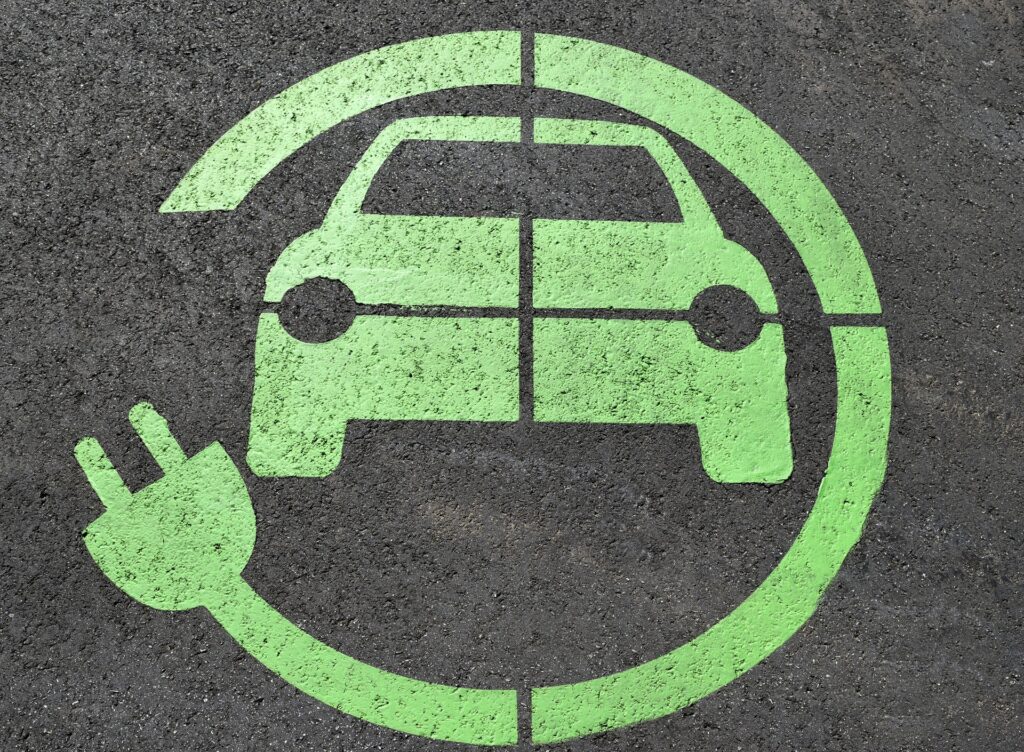
Last month we looked at the success of electric cars in the Auto Express driver power survey. So we thought this month we needed to see if this really is the time to make the switch to electric vehicles.
It seems as time goes on there are more and more reasons to start casting a fanciful, wanting eye towards the electric vehicle. What reasons there were before for resisting the switch are becoming less and less relevant as electric vehicles rapidly gain ground.
Cost and incentives
One of the loudest arguments against electric cars in the past was that they are far too expensive for the average consumer. And while the price of electric cars is still higher than petrol cars, it is decreasing as the technology behind the vehicles becomes cheaper.
The main barrier to cheaper electric vehicles is the cost of the battery. While some manufacturers are making strides to work around this, the cost of battery replacement itself is unfeasible for most customers. However, there has been a push to take ownership of the battery out of the equation, instead implementing a battery rental scheme. Renault offer this method for the ZOE, with the battery costing around £75 per month – comparable to the monthly cost of petrol.
It’s the day-to-day running costs of electric cars that provide the greatest monetary advantage over petrol. Fully electric cars are exempt from vehicle tax, and if you live or work in Central London then your electric car completely avoids the pesky Congestion Charge that hounds millions. Many facilities offer free or reduced parking for electric cars too. Adding up the cost of all these over the lifetime of your electric car will save you a bundle, and could potentially offset the initial cost of the car over the years.
To help alleviate the price of electric cars, the government have implemented grants to cover a percentage of the price of electric vehicles which fit the criteria of the plug-in car grant. The grant covers:
- 35% of the cost of a car, up to a maximum of £2,500 or £4,500 – depending on the model.
- 20% of the cost of a van, up to a maximum of £8,000.
This will definitely help those wanting to make the switch afford the initial cost, and shows that electric vehicles are generally looked upon as the future.
Efficiency
Ever growing concern over efficiency and cutting carbon emissions is perhaps the biggest proponent behind placing the electric car at the forefront of the mainstream consumer. With global attention on energy saving, electric cars are the ideal poster child for the automotive industry, and could continue to be the driving force behind their widespread adoption. Manufacturers will be pressured to create more affordable models as time goes on, because there isn’t really any other alternative to the inefficient petrol cars on the horizon.
Electric cars offer zero CO2 emissions from the tailpipe, so public health from air pollution will benefit from their adoption – especially in urban towns and cities. Of course, electricity has to come from somewhere but even though it takes fossil fuels to generate the electricity, it is still generally cleaner to run electric cars than petrol cars. Electric cars perform much more efficiently than petrol cars as they waste much less energy. Roughly 62% of the energy stored in the tank of a petrol car is lost as heat instead of being used to move the car itself.
Infrastructure
Having an electric car is all well and good, but only if there is a reliable infrastructure in place to support running one. That infrastructure is growing as electric cars become a more serious, viable alternative year upon year. Funding for the improvement and development of the electric vehicle infrastructure is becoming more of a focus – just this year £40 million was allocated across four UK cities (Nottingham, London, Bristol and Milton Keynes) to help promote the adoption of the electric vehicle.
With charge stations becoming more prominent, and the allure of having charge stations in the home, those curious about the switch might find some assurance from visible improvements and commitments to the basic supporting infrastructure that would make owning an electric car feasible and hassle free.
With evidence of a gradually strengthening commitment and adjustment to the electric vehicle, it certainly looks like the switch from the petrol car is on the horizon. It might take a few good years yet for the average consumer to be convinced to make the jump, but for the more environmentally conscious and those who can afford the initial uptake now, there’s certainly enough advantages that switching to electric could be a sensible choice.
Oaks Services offer expert vehicle repair and maintenance to the wider Surrey area. Our fully trained mechanics will get you up and running if you’ve suffered a breakdown and our vehicle servicing centre offers thorough maintenance checks at competitive prices. If your car is in need of some attention don’t hesitate to get in touch with our friendly team.

